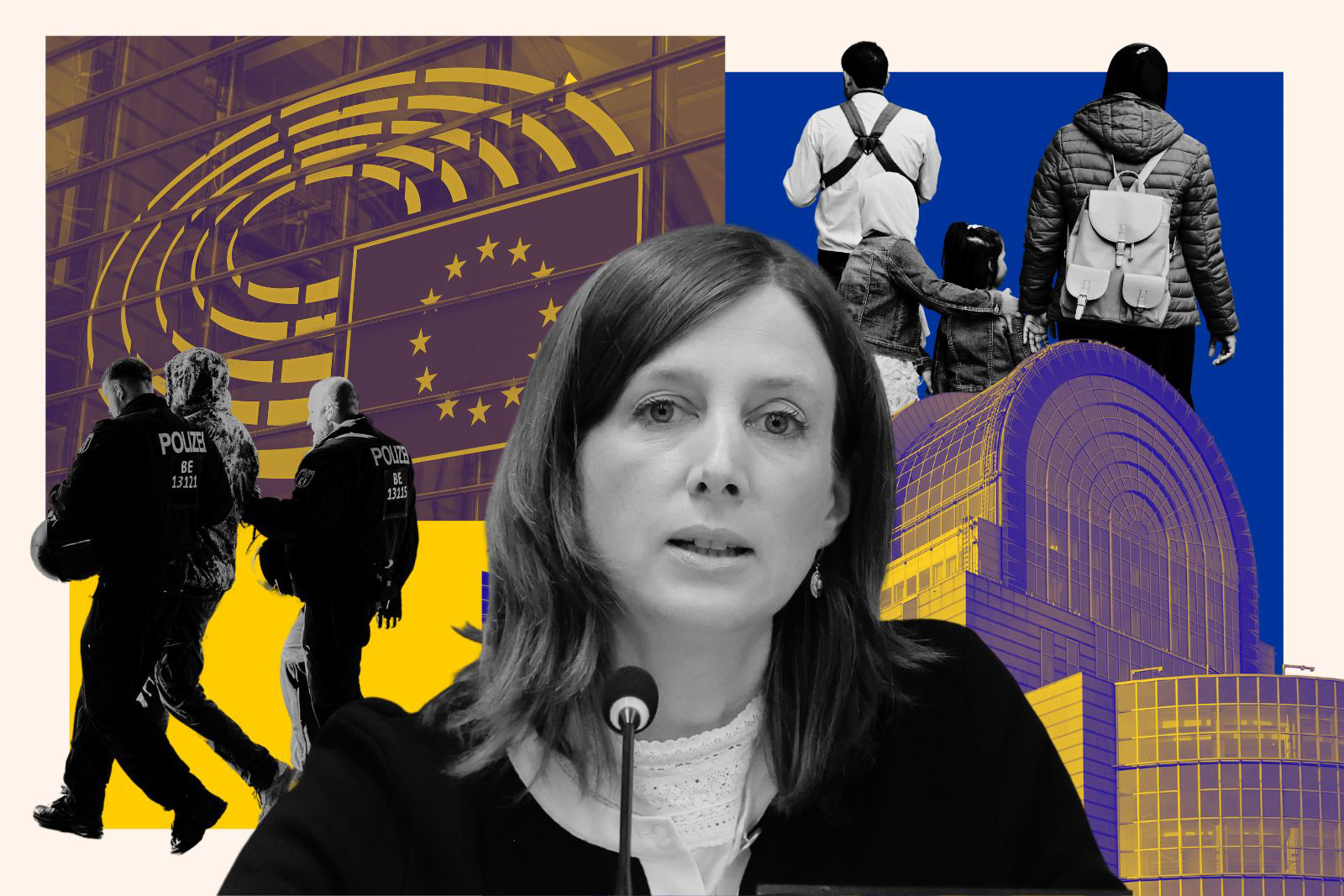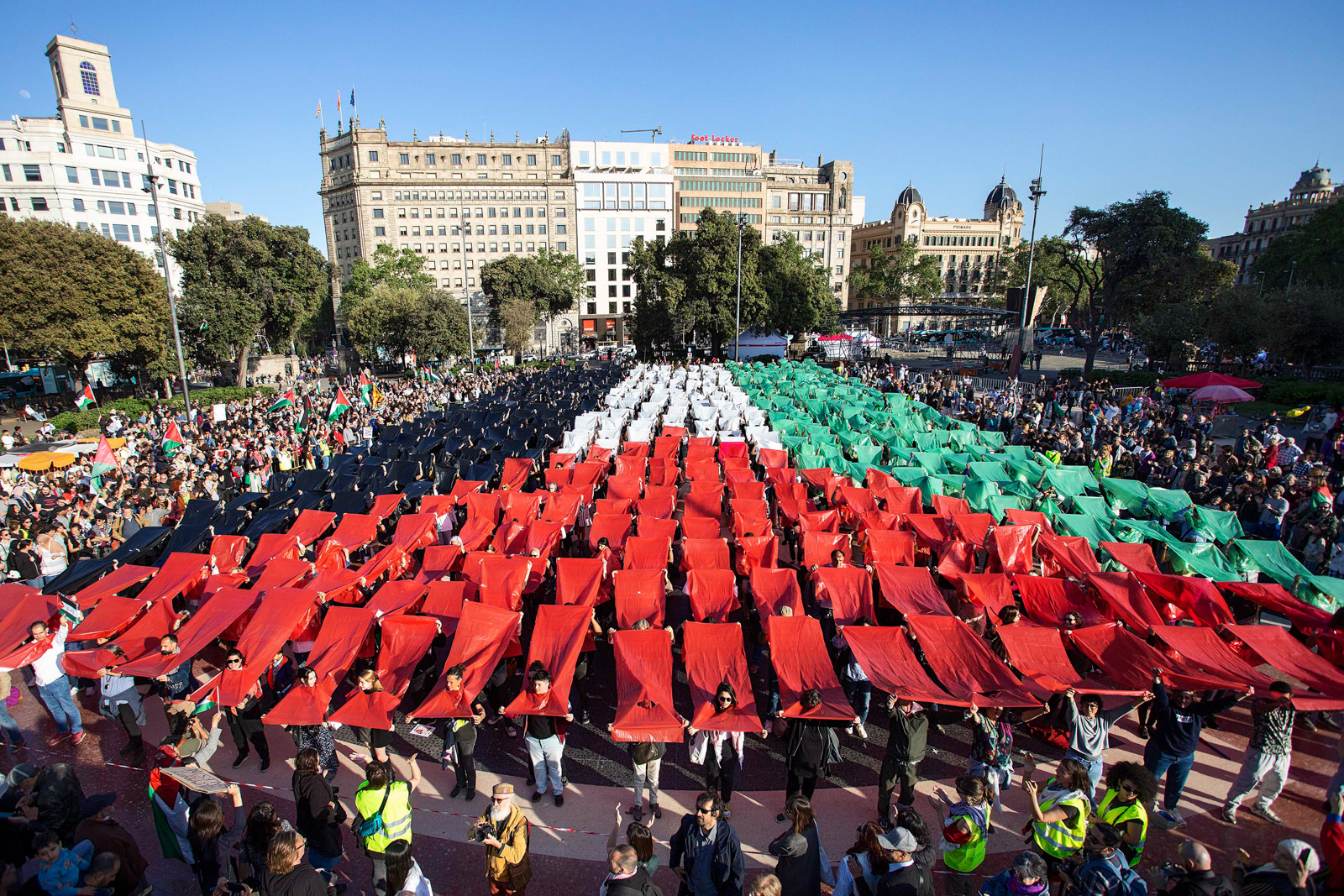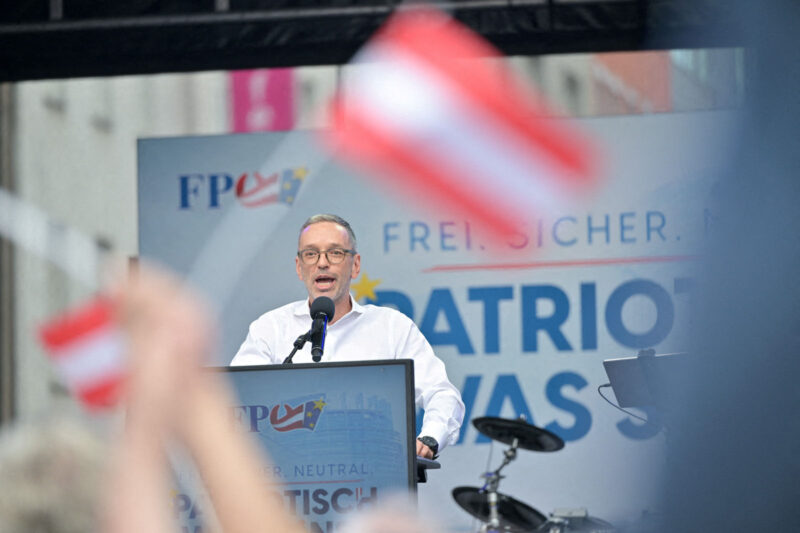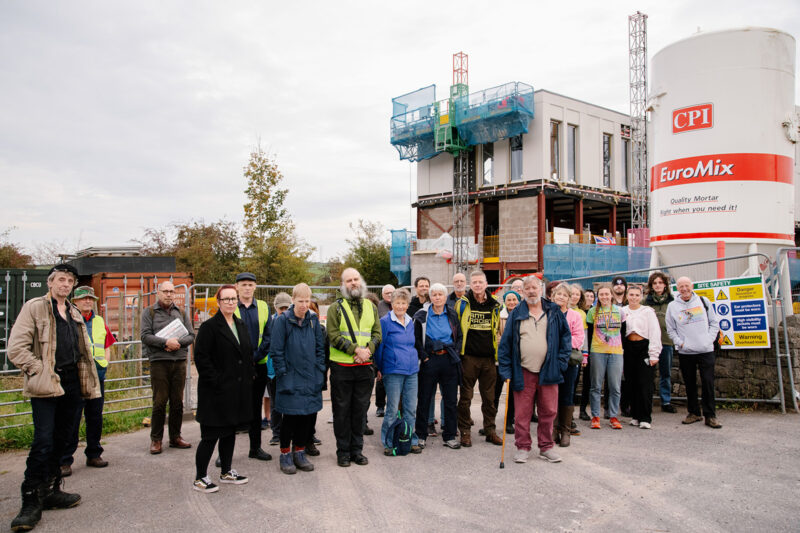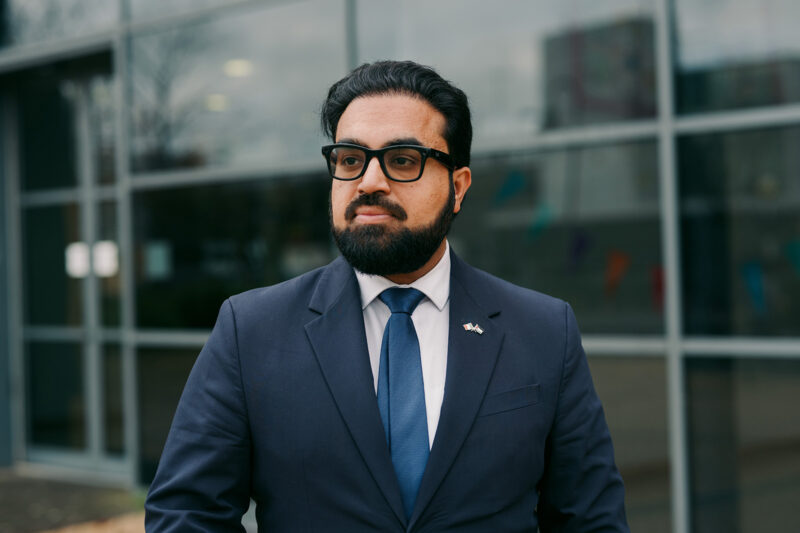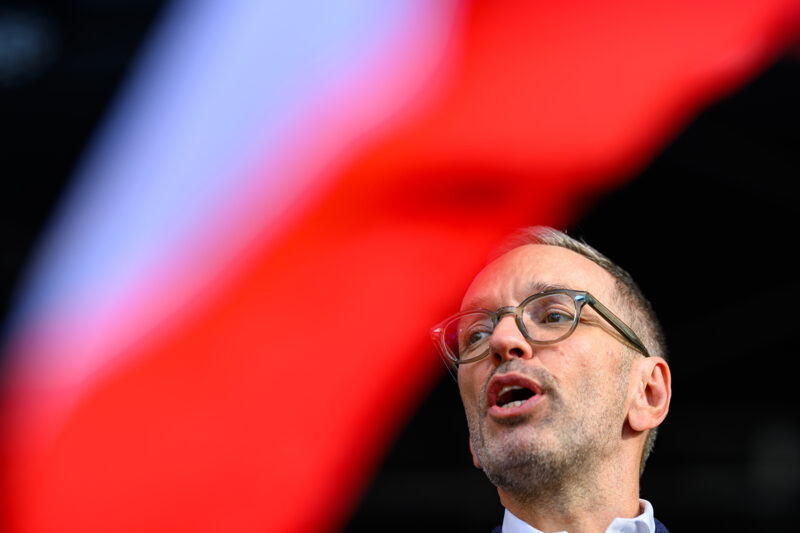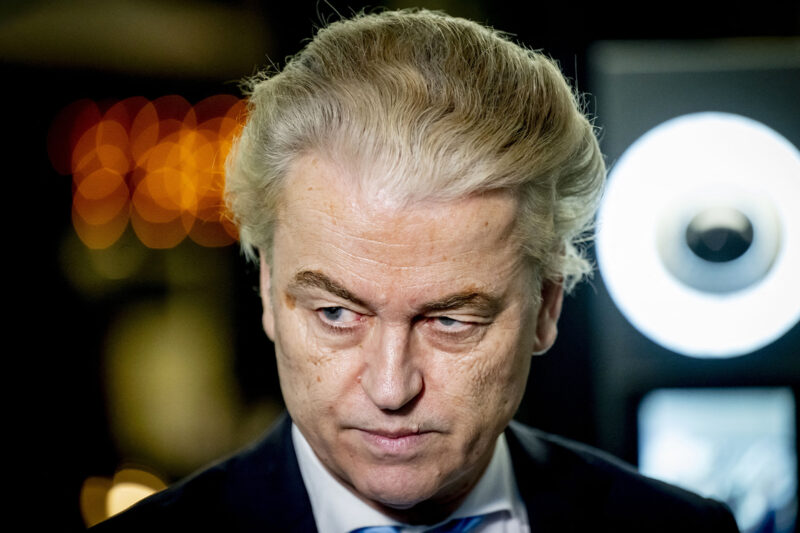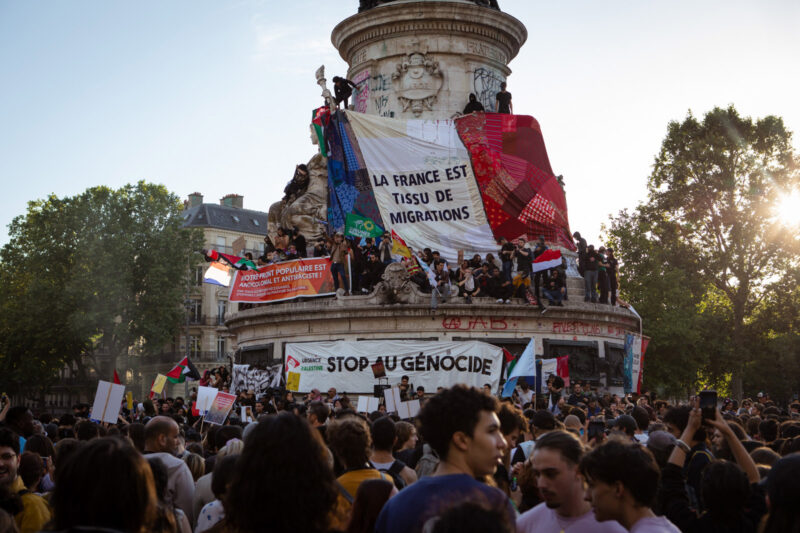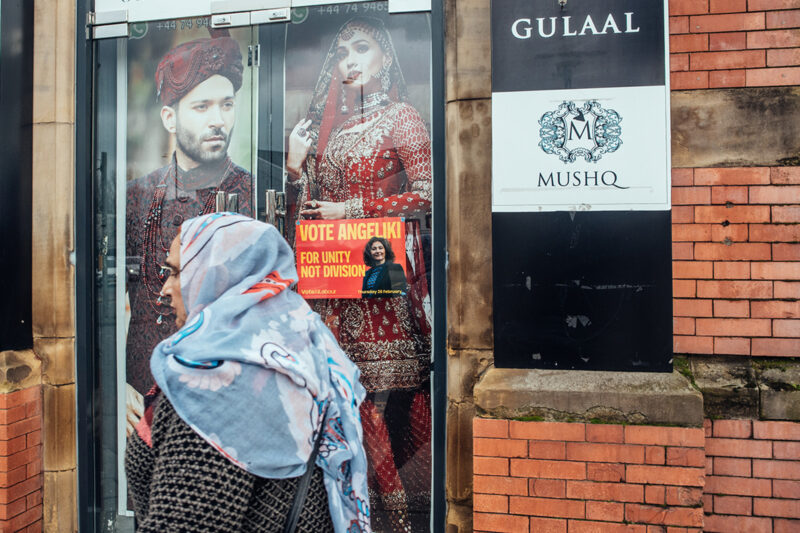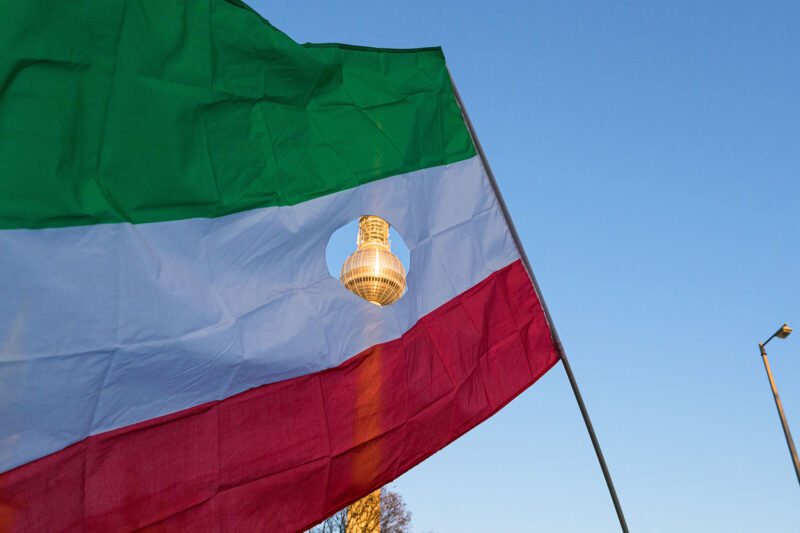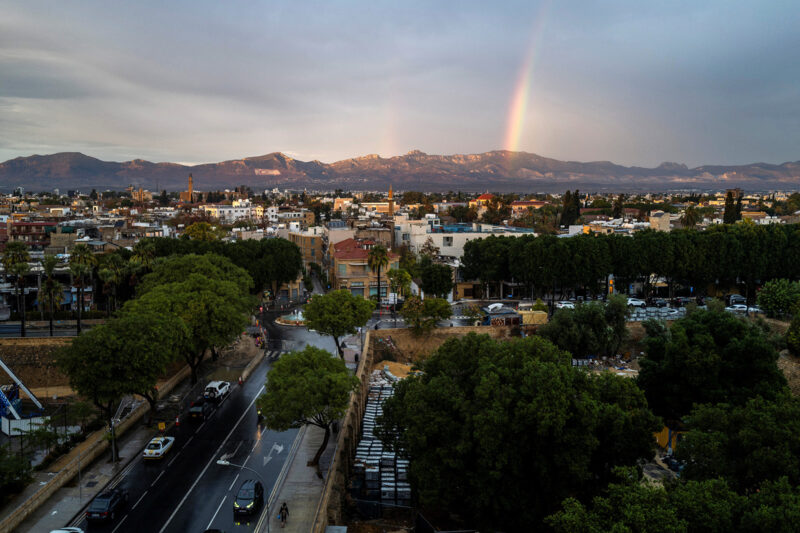Why the upcoming Norwegian election matters
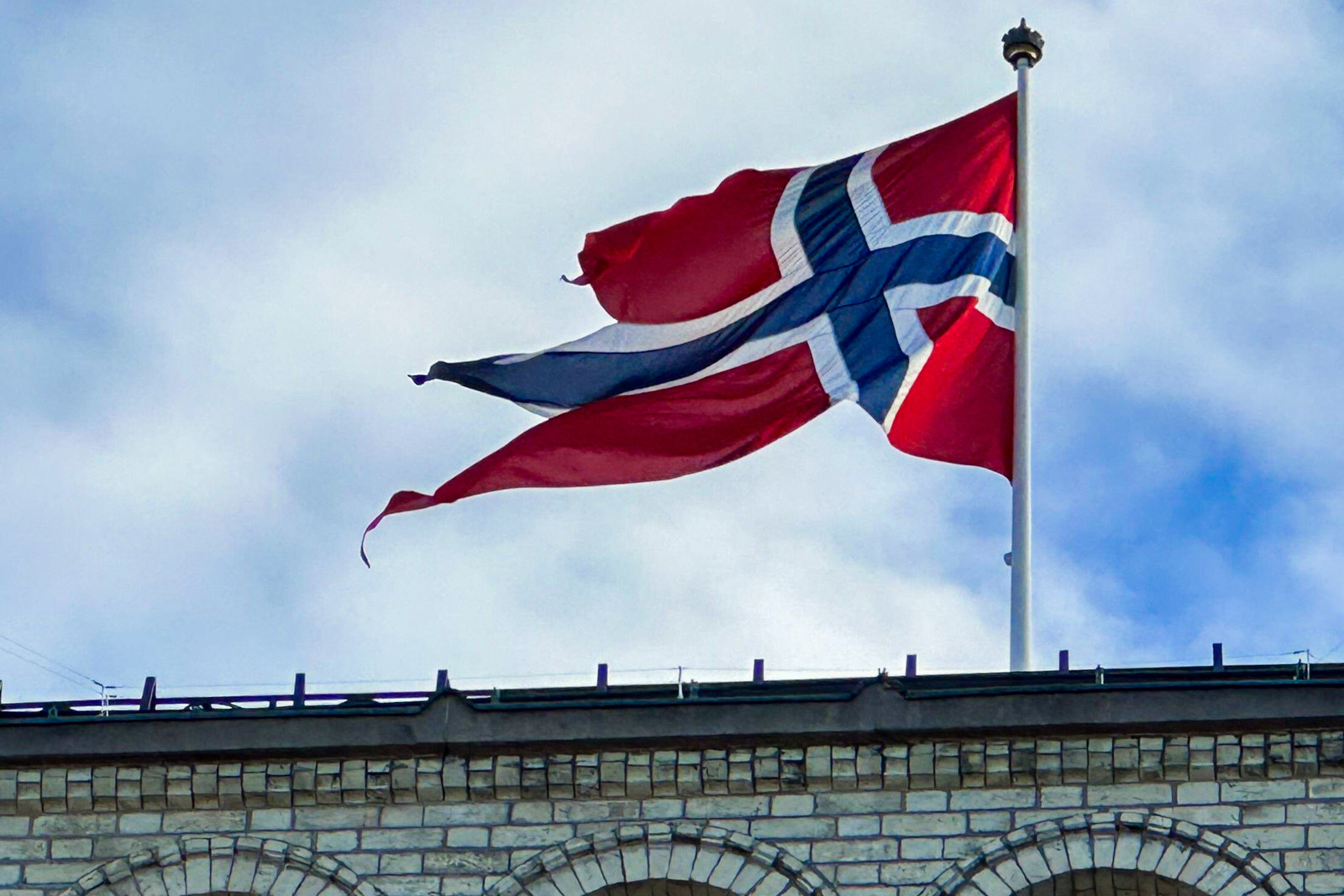
When Norway votes in a new government on 8 September, the country’s growing Muslim minority fear the far right will make significant gains
On 8 September, Norway — where Islam is the largest religious minority, at 3.4% of the population — will vote in a parliamentary election that for the first time may deliver a right-wing coalition government in which the far right is the largest party.
The Progress party, led by Sylvi Listhaug, has called for zero net immigration from allegedly “high-risk countries” in the Middle East, Africa and parts of Asia, arguing that immigrants from these regions are responsible for the country’s economic and social problems. The party is known for its anti-Muslim rhetoric. During her time as integration minister in 2016, Listhaug, 47, warned Muslim citizens: “Here we eat pork, drink alcohol, and show our faces. You must abide by the values, laws and regulations that are in Norway when you come here.”
Badreddine Maizi, the deputy head of the Islamic Council of Norway, says the Progress party routinely uses immigrants as scapegoats. “The party always plays on the fact that [the number of] immigrants is growing, that immigrants are a threat to the welfare state,” he said.
The Norwegian parliament — the Storting — has 169 seats and a 4% vote threshold, creating a multiparty system in which a larger number of smaller parties work together in blocs. In the centre-left bloc is the Labour party, Socialist Left, the Greens and Red party. In between is the Centre party, which for the last 25 years has formed coalitions with the left. The right bloc consists of the Conservatives, Liberal party, Christian Democrats and Progress party.
Polls predict a close tie between the two blocs. While Labour is polling highest at about 27%, Progress is on course to become the second most popular party — and largest in the rightwing bloc — with about 21%, as of 1 September.
More than 60% of Norway’s 5.5 million population is Christian but Islam is the fastest growing religion. A large Muslim immigrant community — many from Pakistan, Iraq, Somalia, Bosnia, Turkey, and Syria — has produced prominent politicians including Labour’s minister for culture and equality Lubna Jaffery, whose parents immigrated from Pakistan, the former Liberal minister for culture Abid Raja and the current speaker of the house Masud Gharahkhani who came to Norway as a refugee from Iran when he was five.
In February 2024, the Progress party was polling high at 26.9%, a result analysts attributed in part to a cost of living crisis that followed the Covid pandemic. Norway may be the seventh wealthiest country per capita thanks to its huge oil and gas reserves, but between 2022 and 2024 it saw two years of low economic growth. While unemployment has remained relatively low at 4.8%, inflation and high interest rates put increasing pressure on households, with GDP only growing by 0.8% from the second quarter of 2022 to the second quarter of 2024.
The country also saw an increase in poverty, disproportionately affecting people from immigrant backgrounds. In 2022, more than 30% of Norweigian residents born outside the EU were at risk of poverty and social exclusion, compared to 15% of those born in Norway. Social spending also increased as a high number of refugees, including 85,000 from Ukraine, required financial support.
However, the surge in popularity these social challenges afforded the far right slowed in January 2024 when the Centre party — Labour’s eurosceptic coalition partner — quit the government over a dispute related to EU energy regulations. With several ministerial posts suddenly emptied, Norwegian prime minister Gahr Støre brought in former Nato secretary general Jens Stoltenberg — who had twice previously served as prime minister — as the new finance minister.
Elisabeth Ivarsflaten, professor of political science at the University of Bergen, explains that Stoltenberg came to be seen “as a sort of a rescue type coming in to sort things out in Norway — and with great effect”, providing a boost to the left.
While historically, the majority of Norwegian Muslims have voted Labour, Maizi listed immigration, integration and asylum policy as important issues for the community in this election. Rising Islamophobia and discrimination are also growing concerns. In a 2017 population survey conducted by the Center for Studies of the Holocaust and Religious Minorities, 27% of respondents expressed anti-Muslim attitudes: 42% believed Muslims don’t integrate while 39% supported the claim that they pose a threat to Norwegian culture. Approximately 35% of Muslims questioned described being made to feel that they do not belong in Norwegian society.
Perhaps the most important issue uniting Muslim voters ahead of these elections, Maizi believes, is Palestine and demands for tougher action against Israel. The Labour government has already responded to public calls for action. In May last year it became one of a growing number of European countries to recognise the state of Palestine, and in August its sovereign wealth fund sold its shares in 11 Israeli companies — a move designed to hold Israel to account for the “serious humanitarian crisis” in Gaza.
Should the left-centre bloc win, Ivarsflaten predicts Støre would likely continue as prime minister. If the right wins and the Progress party is included in a coalition government, Ivarsflaten explains, it would have to strike deals with the Liberal Democrats and the Christian Democrats, both of which hold very different positions on various issues, including religious freedom.
“Right now, there’s this huge discussion as to who really is the right’s candidate for prime minister,” Ivarsflaten said, adding that Listhaug is an unlikely candidate but can’t be ruled out.
Should the Progress party deliver a strong result at the polls, Maizi warns: “the consequences of their policies would be increased polarisation and a more hostile climate for minorities, and especially for Muslims.”
 Newsletter
Newsletter


